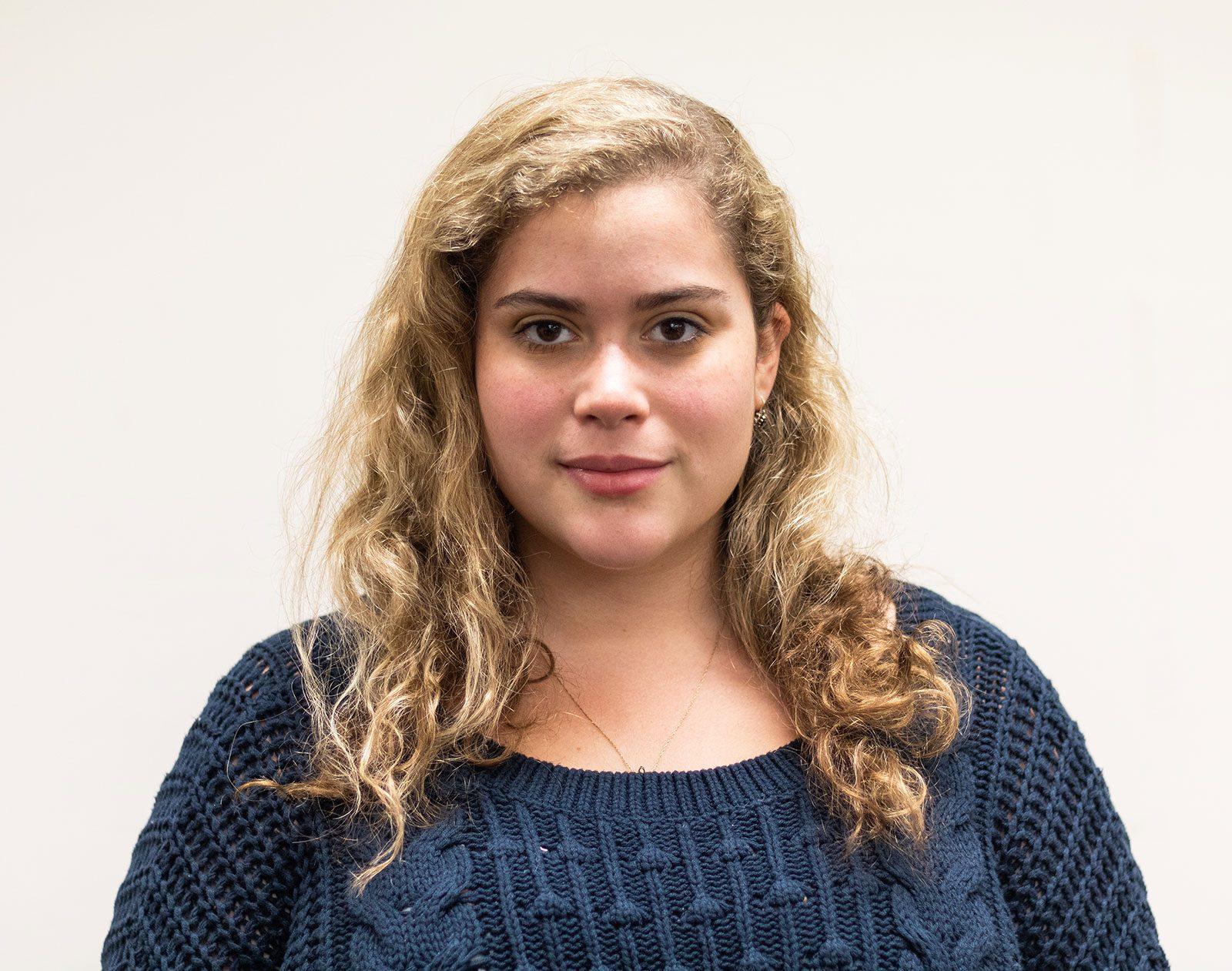I was not aware of how diverse the world truly is until I moved from Mexico City to Houston where I attended an international school surrounded by classmates from different countries, cultures, ideologies and religions. While first touring my high school, I stepped into the gym locker room and suddenly a stranger with an endearing smile was approaching me. She hugged me tight and I was unsettled by the sudden physical contact from a stranger.
In Mexican culture, our custom is to greet by placing our cheeks to each other and making a quick kissing sound. I could not predict that a couple of months after this incident, the strange hugging girl from my school visit, Caren, would become my close friend.
Additionally, in Mexico, the predominant religion is Catholicism. Caren is half Egyptian, half Lebanese and was raised in these countries where the predominant religion is Islam. I had little exposure to Islam before moving to the U.S. — there are approximately 100,000 Muslims out of more than 120 million people in Mexico.
My lack of exposure caused me to have misconceptions about Islam and the inaccurate Hollywood portrayal of the culture gave me an inaccurate image of it and even instilled some Islamophobia in me. Because of this and pure exposure I quickly noticed how different my life was from Caren.
As we started to become friends, I would parallel the differences between her and me. A basic contrast is that she restricts herself from foods like pork while I am free to eat all foods. A deeper divide is our differing perspectives regarding freedom of expression.
Caren tends to be passive and internalizes her opinion when something bothers her. On the other hand, I am always eager to share what I think. She is a selfless person, where I believe in individualism and maintaining oneself as the highest priority.
Patriarchy and machismo also play an important role in both Latin American cultures and Arabic cultures and in both the role of a woman’s place in society is predetermined. We are both expected to take care of household chores, cook for the males in our family and be submissive towards the male figure.
However, Caren’s culture expects her to be the caretaker, and the root of this concept is ingrained deeper in her culture than in mine. She is expected to be more mature and take care of her brother, even though she is younger.
Being friends with Caren has changed my thought process; we enrich each other’s lives by exploring our values and encouraging self-growth. She has taught me to see the bigger picture and to let go of what is not important.
Likewise, I have taught her self-expression, acceptance and the value in her voice. Because of our friendship, I have changed my misconceptions about Islam and Arabic culture and incorporated some of her family’s principles into my own.
My relationship with Caren has helped highlight my sense of self while allowing me to apply the principles of diversity present in our relationship to other members in society.
























































































































